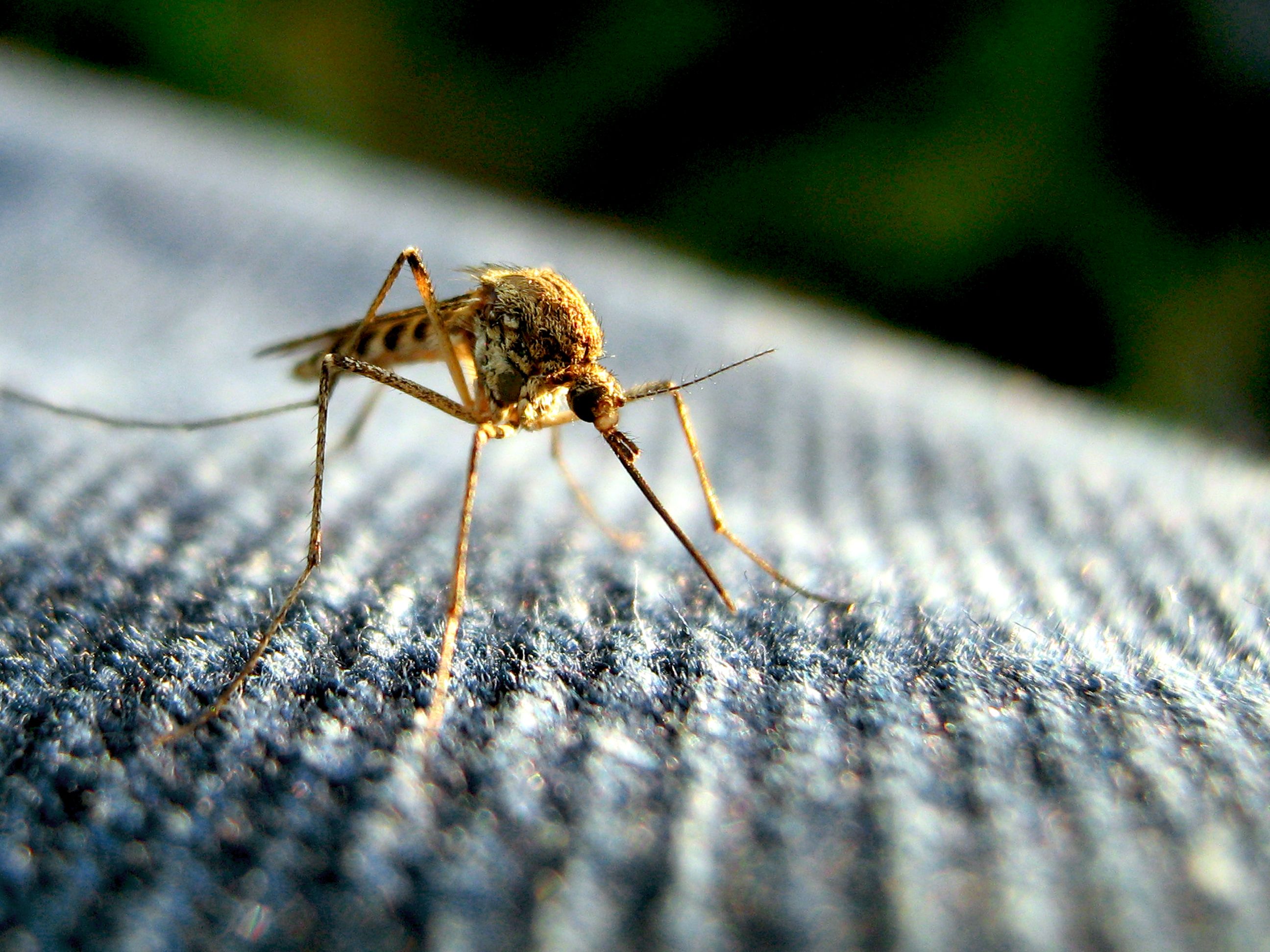Warm-up:
1. Today your assignment is to track and find “nature’s greatest killer.” Below are a set of clues to start your investigation:
- These killers do not go far to find their victims, often traveling only a quarter of a mile in their lives.
- They kill more than 1 million people per year worldwide.
- While small, these killers have even attacked dinosaurs.
- Despite being old enough to be around when there were dinosaurs, their lifespan is typically 2-3 weeks.
- These killers poison people with illnesses like malaria, dengue, yellow fever, and west nile.
2. After reading the above clues, brainstorm with the class who this killer could be and what should be done with them.
Introducing the Lesson:
1. Watch the video below (from "Outwitting Nature's Greatest Killer") to find out who nature's greatest killer is.
2. As a class, use the chart below to compare the different methods to combat the diseases spread by mosquitos:
|
Wolbachia bacteria |
Oxitec |
Gene Drive |
|
|
Introducing the Resource: "Outwitting Nature's Greatest Killer"
1. As a class or individually, read the excerpt from "Outwitting Nature’s Greatest Killer" below.
2. As a class or in small groups, fill out the following chart as you read.
|
Decrease mosquitos |
Eliminate mosquitos |
Leave mostquitos alone |
|
Pros:
|
Pros:
|
Pros:
|
|
Cons:
|
Cons:
|
Cons:
|
"Outwitting Nature's Greatest Killer" excerpt:
The new methods of mosquito control have raised the possibility of species eradication and with it two questions fundamental to science:
Can we?
And if so, should we?
To the first question, it won’t be easy to defeat mosquitoes or the diseases they carry.
“Wolbachia and gene drives might be able to provide permanent replacements and reduce pathogen transmission, but to expect nature not to find a way to prevent extinction may be optimistic,” said Reisen.
He speaks from experience, having worked in Pakistan from 1975 to 1980 on an effort to develop strains of sterilized Culex and Anopheles mosquitoes that could be released to control the population in the wild.
“To my knowledge,” he said, “except for the Australian experience (with Wolbachia), we have not been successful in eliminating any of the world’s major mosquito-borne pathogens using any method.”
Humans have attacked mosquitoes with pesticides for over a century with limited success. While the U.S. managed to wipe out local outbreaks of yellow fever and malaria, the diseases continue to thrive in poorer countries.
And just as mosquitoes have developed resistance to the chemicals we’ve sprayed on them, they may also find ways to defeat a gene drive, said Edward Blumenthal, chairman of biological sciences at Marquette University.
Develop a gene drive that impairs fertility, and “there’s going to be a tremendous selective pressure,” Blumenthal said. “Any mosquito that develops a mutation that allows fertility will out-compete the rest.”
Even getting rid of the mosquito may not eliminate the disease. Kill Anopheles mosquitoes and you may only force the malaria parasite to find a different host.
The second question — whether we should use gene drives to eradicate a species — is thornier still.
True, entomologists aren’t exactly lining up to sing the praises of mosquitoes. The insect’s main contribution to the planet seems to be as food for other species such as frogs, waterfowl and migratory songbirds.
But ending a species is no trivial decision, and the effort could backfire.
Blumenthal said a gene drive could work on the intended species, but spread to an unintended species. Also, it is hard to say how a major change in one species, including its elimination, might affect the much larger ecosystem.
“The biologist in me says, ‘Preserve everything. We don’t have the right to make the decision to get rid of an entire species,’” says Susan Paskewitz, a professor at the University of Wisconsin-Madison and chairman of the Department of Entomology. “The global health specialist in me says, ‘A half a million people die from malaria, most of them under the age of 5. That’s an awful lot of suffering.’”
Extension Activity:
The class will be divided into three groups. Each group will argue in favor of one of the following positions:
- Decreasing the mosquito population
- Eliminating the mosquito population
- Not interfering with the mosquito population.
Each group should use facts from the article excerpt to support their claim.
At the end of this activity, a vote will be held to decide the fate of the mosquito.
CCSS.ELA-LITERACY.CCRA.R.3
Analyze how and why individuals, events, or ideas develop and interact over the course of a text.
CCSS.ELA-LITERACY.CCRA.R.1
Read closely to determine what the text says explicitly and to make logical inferences from it; cite specific textual evidence when writing or speaking to support conclusions drawn from the text.
CCSS.ELA-LITERACY.SL.4.1
Engage effectively in a range of collaborative discussions (one-on-one, in groups, and teacher-led) with diverse partners on grade 4 topics and texts, building on others' ideas and expressing their own clearly.
